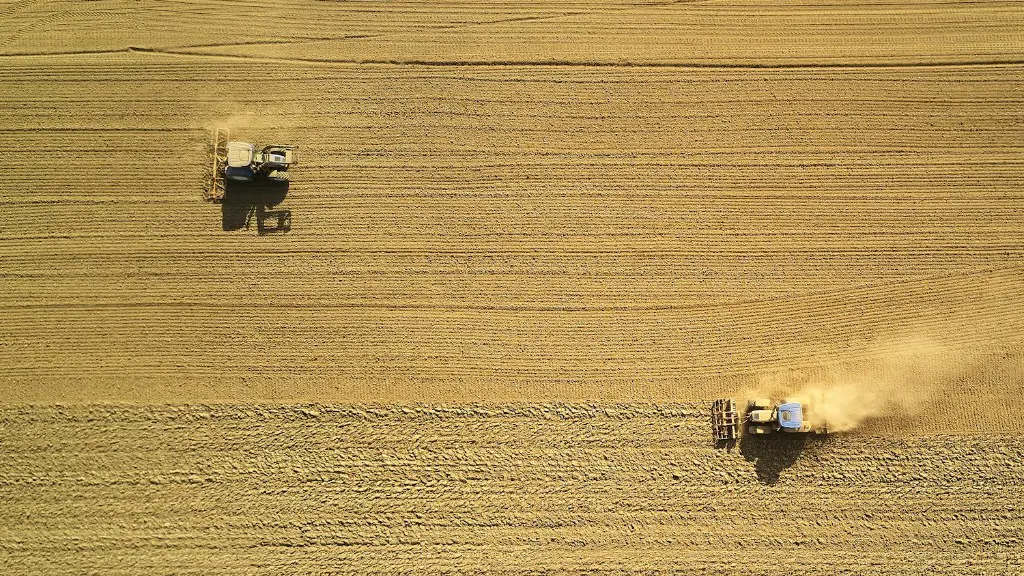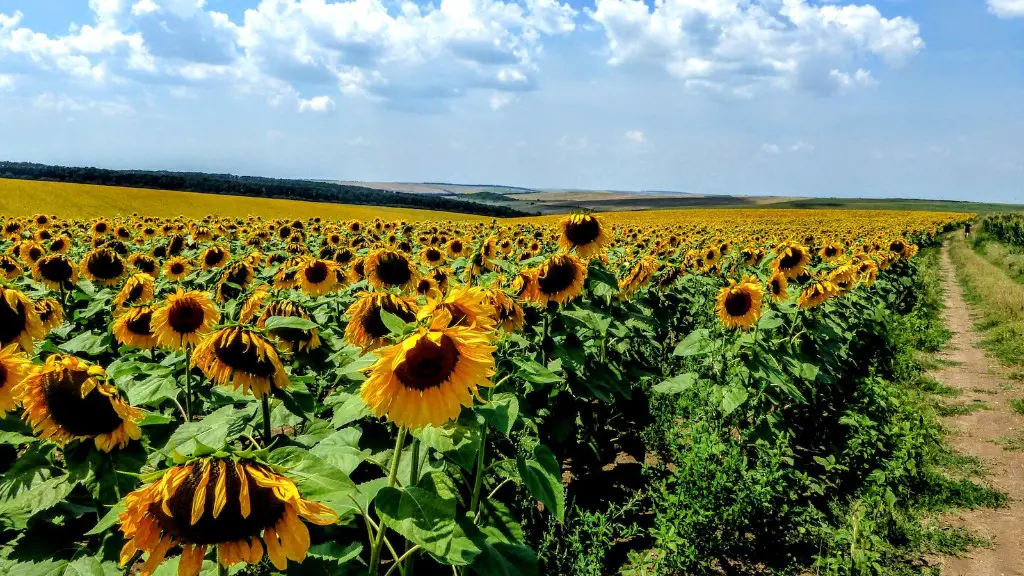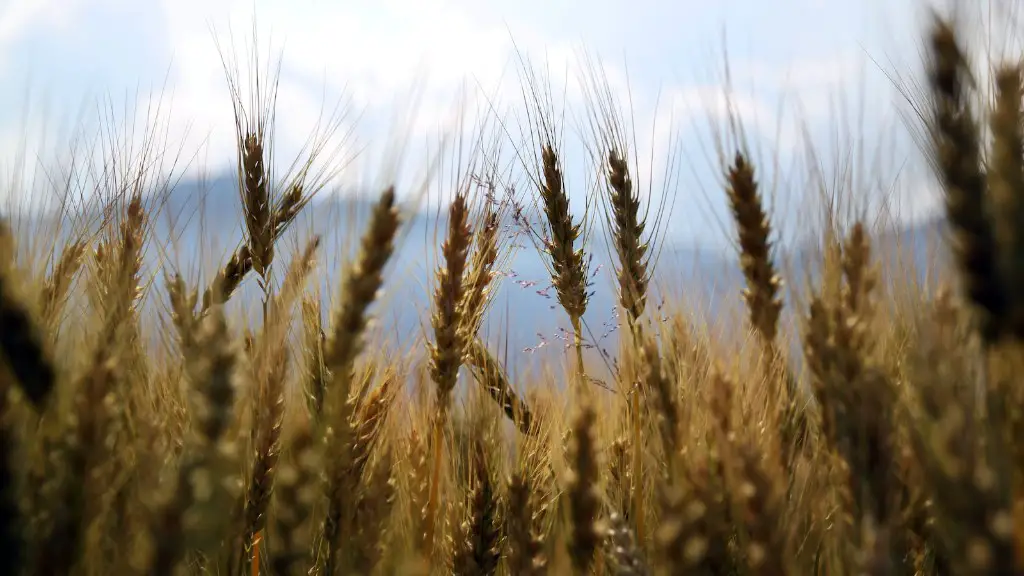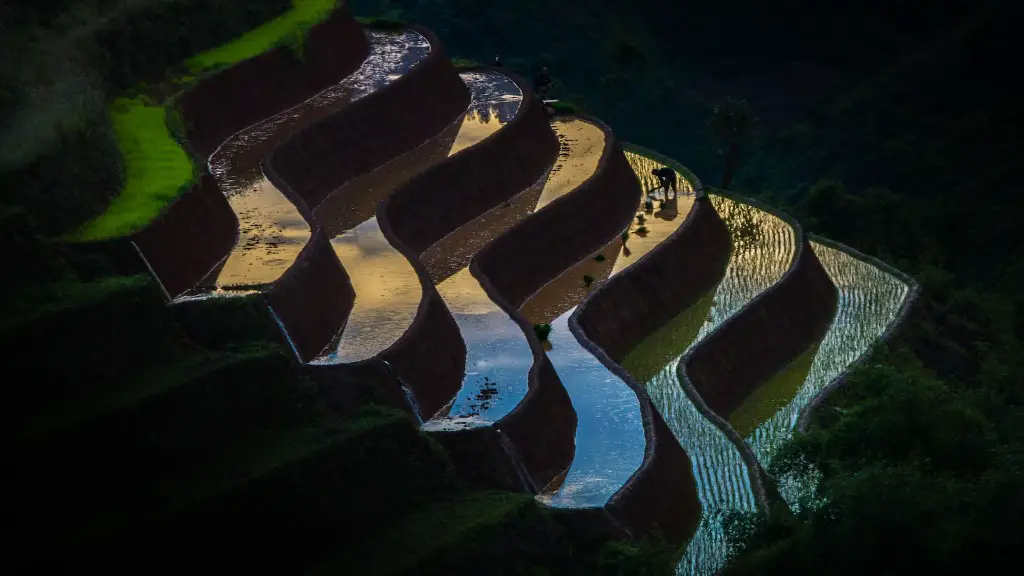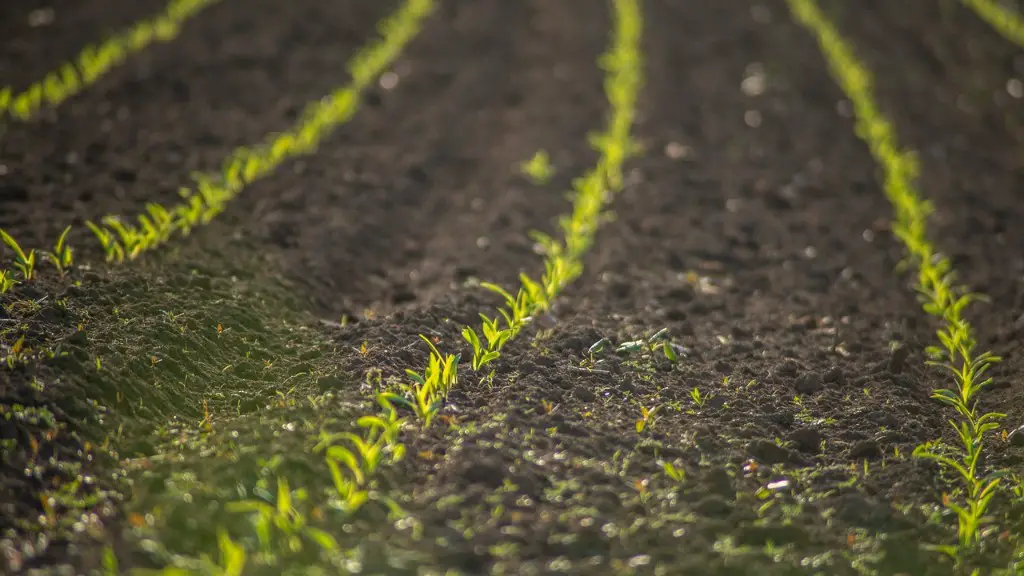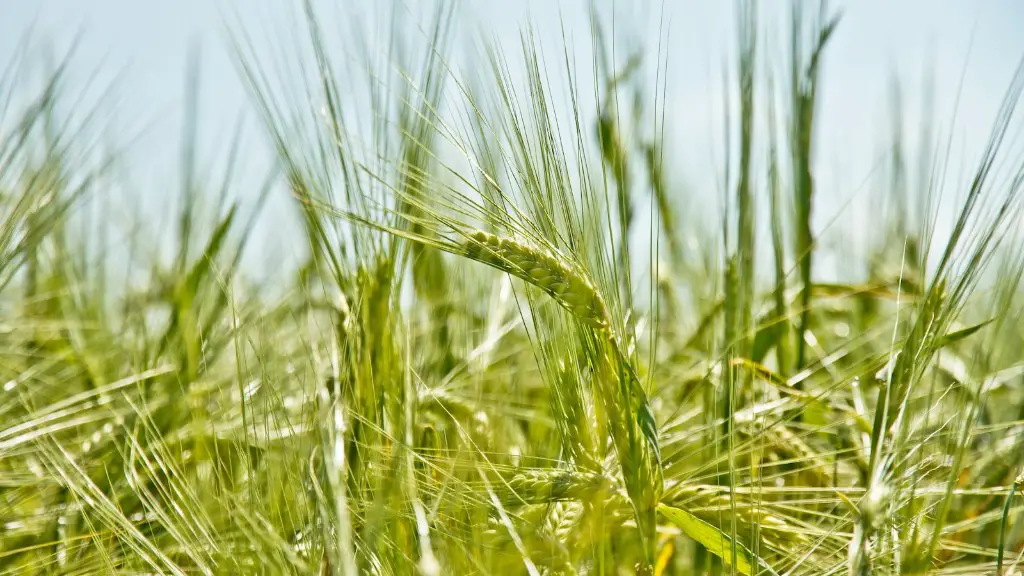For centuries, farmers have relied on their own experience and the advice of others to raise crops. However, the application of scientific knowledge – including an understanding of chemistry – can help farmers improve their yields, pest management, and more.
Chemistry plays an important role in agriculture in many ways. It helps us understand the basic rules governing plant and animal growth, and how to optimize conditions for better yields. It also helps us understand the chemical nature of soils and how to amend them for better crop growth. Additionally, chemistry is useful for developing new and more effective pesticides and herbicides, and for developing new methods of irrigation.
How chemistry is being helpful in agriculture?
Chemistry has had a profound impact on agriculture, specifically in the realm of crop production. Through the development of fertilizers, farmers are able to increase the fertility of their soil and, as a result, increase crop yields. Additionally, chemistry is used to create pesticides and insecticides, which protect crops from pests and diseases. Overall, chemistry has helped to make agriculture more efficient and productive.
Crops need four things for good growth: sunlight, water, nutrients from the soil, and protection from predators such as insects. Chemistry has made major contributions within water usage, nutrient availability, and plant protection. For example, advances in irrigation and fertilizer technology have helped to increase crop yields, while pesticides have helped to protect crops from insect damage.
Does agriculture need chemistry
Chemistry is a powerful tool that can help us understand and manipulate the world around us, including the plants and animals we depend on for food. By understanding the chemical bonds between atoms, we can learn how to break them apart and put them back together again in new and useful ways. This knowledge can be used to improve crop yields, develop new food products, and even clean up the environment.
Agrichemicals are an important part of modern agriculture and help farmers to produce food more efficiently. However, they can also pose risks to human health and the environment if they are not used properly. It is important to read the labels and follow the directions carefully when using agrichemicals.
What are the 3 main chemicals used in agriculture?
Nitrogen, phosphate, and potash are essential for crop production. They are required for the growth of plants, and help to improve yields. Without these essential nutrients, crops would not be able to grow properly, and yields would be significantly reduced.
Pesticides are a key part of maintaining crop yields and preventing crop damage from pests. Chemistry has been instrumental in the development of pesticides that are effective against a range of different pests. These pesticides include fungicides, herbicides, insecticides, and biocides. Depending on the pest, different pesticides are used. The application of these pesticides reduces the pests’ impact on crops by 10%. This is a significant reduction and helps to ensure that crops are not lost to pests.
What branch of chemistry is agricultural?
Agrochemistry is the study of the chemical composition of agricultural products and the use of chemicals in agriculture. It includes the use of chemical fertilizers, pesticides, and herbicides in agriculture. It also deals with the study of the soil, water, and air quality in relation to agriculture.
Agricultural chemistry is the study of chemical processes related to agriculture. It covers a wide range of topics, including the production of pesticides and insecticides, which are used on a large scale to prevent external organisms from harming the crops. This includes rodenticides, pediculicides, biocides, fungicides, herbicides, etc.
What chemical is used to protect crops
Pesticides help in protecting the crops by killing or repelling the insects that feed on them. They are widely used in agriculture to improve crop yields and to protect crops from damage by pests. However, some pesticides can also be harmful to human health and the environment if they are not used properly.
Chemistry is central to the history of how we produce, store and consume food. preservation, pesticides and quality testing, artificial additives and substitutes, and cooking all involve chemical processes. By understanding these processes, we can better control and improve the food we eat.
Is organic chemistry used in agriculture?
Organic chemists and farmers work together to develop pesticides that will protect plants from these predators yet keep the humans who eventually eat these plants (us) safe. In this way, we can all enjoy the benefits of a healthy and bountiful harvest.
Pesticides have been instrumental in helping farmers grow more food on less land. They protect crops from pests, diseases and weeds, and have been shown to increase productivity per hectare. Pesticides are an important tool in ensuring food security and poverty alleviation, and their importance should not be underestimated.
What is crop chemistry
Herbicides, insecticides and fungicides are the main classes of crop protection chemicals. Selective herbicides, for example, control the growth of weeds which would otherwise compete with crops for water, nutrients and sunlight. Crop protection chemicals help to make agriculture more efficient.
The overuse of chemical products has had a damaging effect on the microorganisms in the soil that help to maintain its fertility. It has also affected the soil components that allow crops to absorb nutrients from the soil, resulting in reduced crop health. The increased application of chemicals has also had harmful effects on the environment.
What is the application of chemistry in agriculture Wikipedia?
Agricultural chemistry is the study of chemical agents and processes relating to agriculture. It often aims at preserving or increasing the fertility of soil, maintaining or improving the agricultural yield, and improving the quality of the crop. When agriculture is considered with ecology, the sustainablility of an operation is considered.
chemical education is essential in terms of food production, because factors that affect agricultural production viz: fertilizers, pesticides, herbicides, preservation, etc are direct products of chemistry.
What are the examples of food chemistry
The biological substances include such items as meat, poultry, lettuce, beer, milk as examples. It is similar to biochemistry in its main components such as carbohydrates, lipids, and protein, but it also includes areas such as water, vitamins, minerals, enzymes, food additives, flavors, and colors.
Plant chemistry, also called phytochemistry, is the study of the chemical compounds produced by plants. These compounds play a vital role in plant physiology, helping plants to function and survive. The most notable example is photosynthesis, which requires a large array of pigments, enzymes, and other compounds to function. Other important plant chemicals include hormones, toxins, and defensive compounds.
Final Words
Chemistry is useful in agriculture because it helps farmers to understand the chemical composition of the soil and how different chemicals can affect crop growth. Chemistry can also help farmers to develop new methods of pest control and to understand how to best use fertilizers.
Chemistry is useful in agriculture in many ways. It can help farmers to understand the chemical composition of soil and how to amend it for optimal plant growth. It can also aid in the development of more effective and environmentally friendly pesticides and fertilizers. In addition, chemistry can be used to test the quality of water and soil samples to ensure that they are safe for crops. Overall, chemistry plays a vital role in ensuring the success of agriculture.
